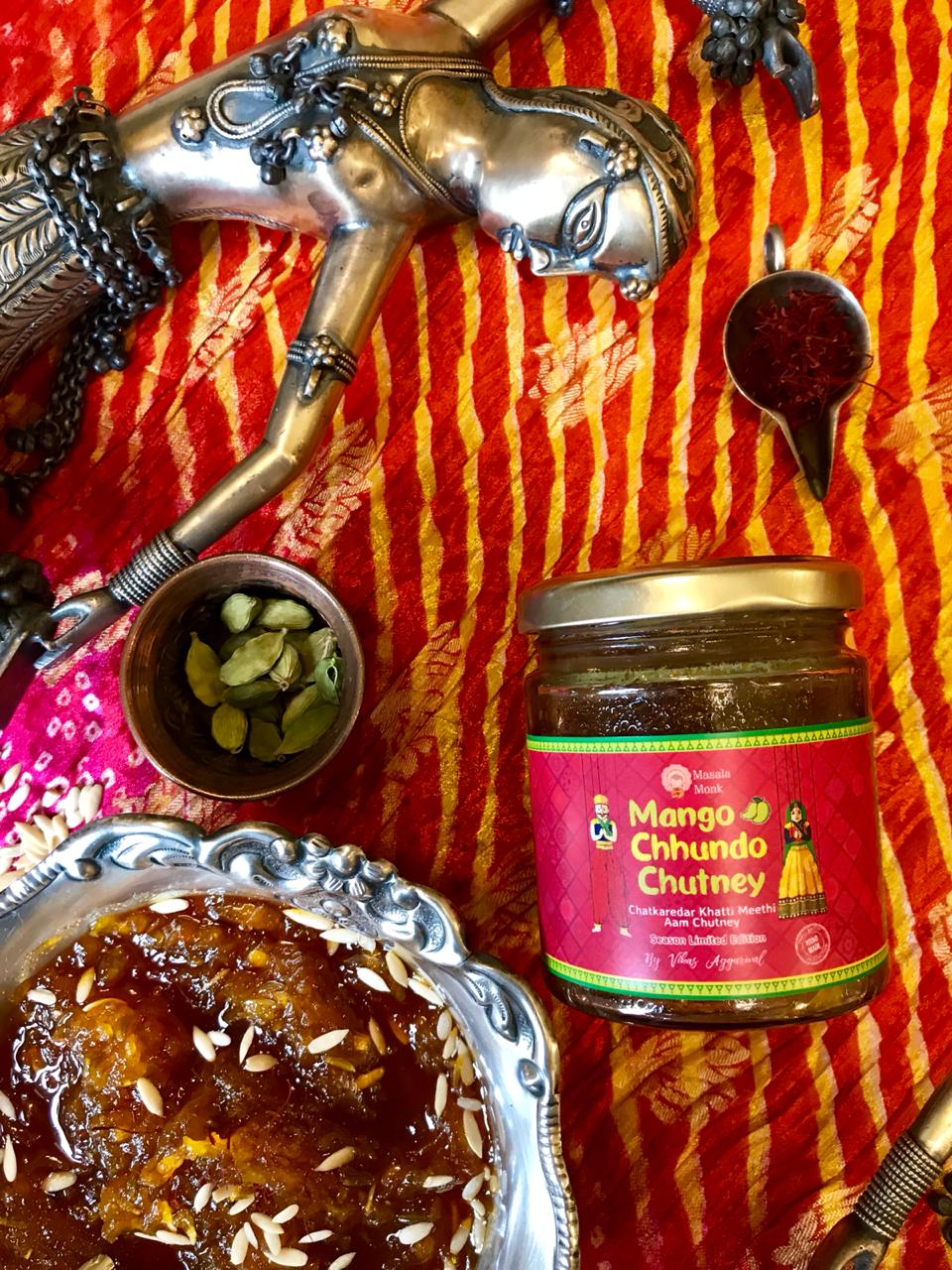
Mangoes: A Comprehensive Guide to the Nutritional Profile of the Tropical Delight
Mangoes, often hailed as the “king of fruits,” are a tropical treasure that has been savored across various cultures and regions. Their unique blend of sweetness with a hint of tartness makes them a favorite for many. But beyond their delightful taste, mangoes offer a wealth of nutritional benefits. Let’s embark on a detailed journey to understand the caloric and nutritional essence of mangoes.
1. Introduction to Mangoes:
Originating in South Asia, mangoes have been cultivated for over 4,000 years. Today, they are grown in tropical and subtropical regions worldwide. Their vibrant color, ranging from green to golden yellow, is a testament to the rich nutrients they house within.
2. Caloric Content: Size and Proportion Matter
- Whole Mango: A standard whole mango, on average, provides about 150 calories, making it a substantial snack or addition to meals.
- 150 grams of Mango: This specific portion, which is slightly less than a whole mango, contains approximately 92 calories.
- Medium-sized Mango: This is the most commonly consumed size and offers around 150 calories.
3. Nutritional Breakdown: More Than Just Calories
Mangoes are a powerhouse of nutrients:
- Vitamins: They are particularly rich in vitamin A, which is essential for eye health. They also provide ample amounts of vitamin C, vital for immune function, and vitamin E, known for its antioxidant properties.
- Minerals: Mangoes are a good source of essential minerals like potassium, which helps regulate blood pressure, and magnesium, which supports muscle and nerve function.
- Dietary Fiber: With about 3 grams of fiber in a medium-sized mango, it aids in digestion and can help in maintaining a healthy cholesterol level.
4. Different Varieties, Different Nutritional Profiles
There are numerous mango varieties, each with its unique taste and texture:
- Desi Mango: This variety is often more flavorful and might have a slightly higher caloric content due to its intense sweetness.
- Popular Varieties: Alphonso, Haden, and Ataulfo are among the favorites. Their caloric content is generally consistent with the average mango, but subtle differences in taste and texture exist.
5. Incorporating Mangoes into Diverse Diets:
- Weight Management: Mangoes, when consumed in moderation, can be a part of a weight loss diet due to their satiating nature.
- Athletic Diets: The quick energy provided by the natural sugars in mangoes makes them an excellent choice for a post-exercise snack.
6. Processed Mango Products: A Word of Caution
While mangoes in their natural form are nutritious, processed products like mango juice or dried mango might have added sugars, preservatives, and a higher calorie count.
7. Mangoes and Health: Beyond Nutrition
Mangoes have been associated with several health benefits:
- Digestive Health: The enzymes in mangoes, such as amylase, aid in breaking down and assimilating food.
- Skin Health: Applying mango pulp to the skin can offer hydration and rejuvenation, thanks to its vitamins and minerals.
In Conclusion:
Mangoes, with their myriad of health benefits and unmatched flavor, are more than just a seasonal fruit. They are a symphony of taste and nutrition, deserving of their royal title as the “king of fruits.”
Tags:
Mango Nutrition, Tropical Fruits, Health Benefits, Dietary Guide, Mango Varieties.









